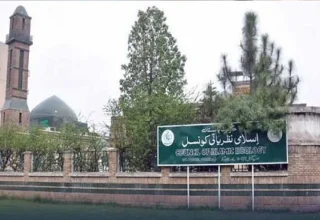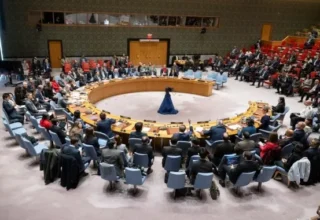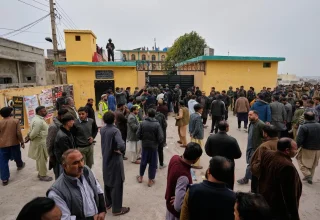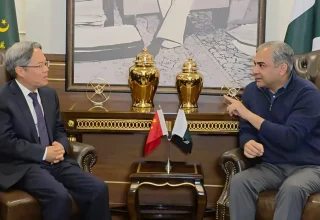
The Council of Islamic Ideology (CII) on Tuesday rejected key legislative proposals, including a ban on underage marriage and the mandatory thalassaemia test before marriage, declaring them contrary to Islamic principles.
A statement issued after a meeting chaired by CII Chairman Raghib Hussain Naeemi stated that the ‘Prohibition of Underage Marriage Bill’, introduced by PPP MNA Sharmila Faruqui, was deemed un-Islamic. The council said that setting a legal age limit for marriage contradicts Sharia, and described the bill’s other provisions, including punishments for underage marriage, as also inconsistent with Islamic teachings.
The council further rejected the Khyber Pakhtunkhwa government’s ‘Ban on Marriage of Children Bill 2025’, reiterating that declaring marriage under the age of 18 as abuse is not in line with Islamic injunctions. The council emphasized that the bill was not sent to it for review by parliament or the Senate before being proposed.
On the issue of thalassaemia screening, the CII rejected making such tests mandatory before marriage but recommended making it optional and increasing public awareness about its importance.
The CII also expressed concerns about the media’s reporting on a recent Lahore High Court decision related to divorce sought by a woman, calling the coverage irresponsible and stressing the need for cautious and accurate reporting on sensitive legal and religious matters.
Addressing the practice of dowry, the council stated that pressuring the bride’s family or making demands for dowry is un-Islamic. Parents, it said, should make marriage decisions based on Islamic guidance rather than societal customs and traditions.
Other recommendations and observations from the meeting included:
- Married women should have the freedom to maintain their domicile either at their husband’s residence or with their parents.
- The council proposed amendments to sections 15 and 16 of the Succession Act.
- The Ministry of Religious Affairs Bill 2025 also came under discussion, with recommended amendments.
- The council issued a Sharia opinion on NAB’s investment schemes and Mudaraba-related queries.
- It clarified that a husband is not obligated to provide financial rights to a divorced wife after the completion of her Iddah period.
- The Western concept of marital assets was also rejected, with the council declaring it contradictory to Islamic teachings.













































